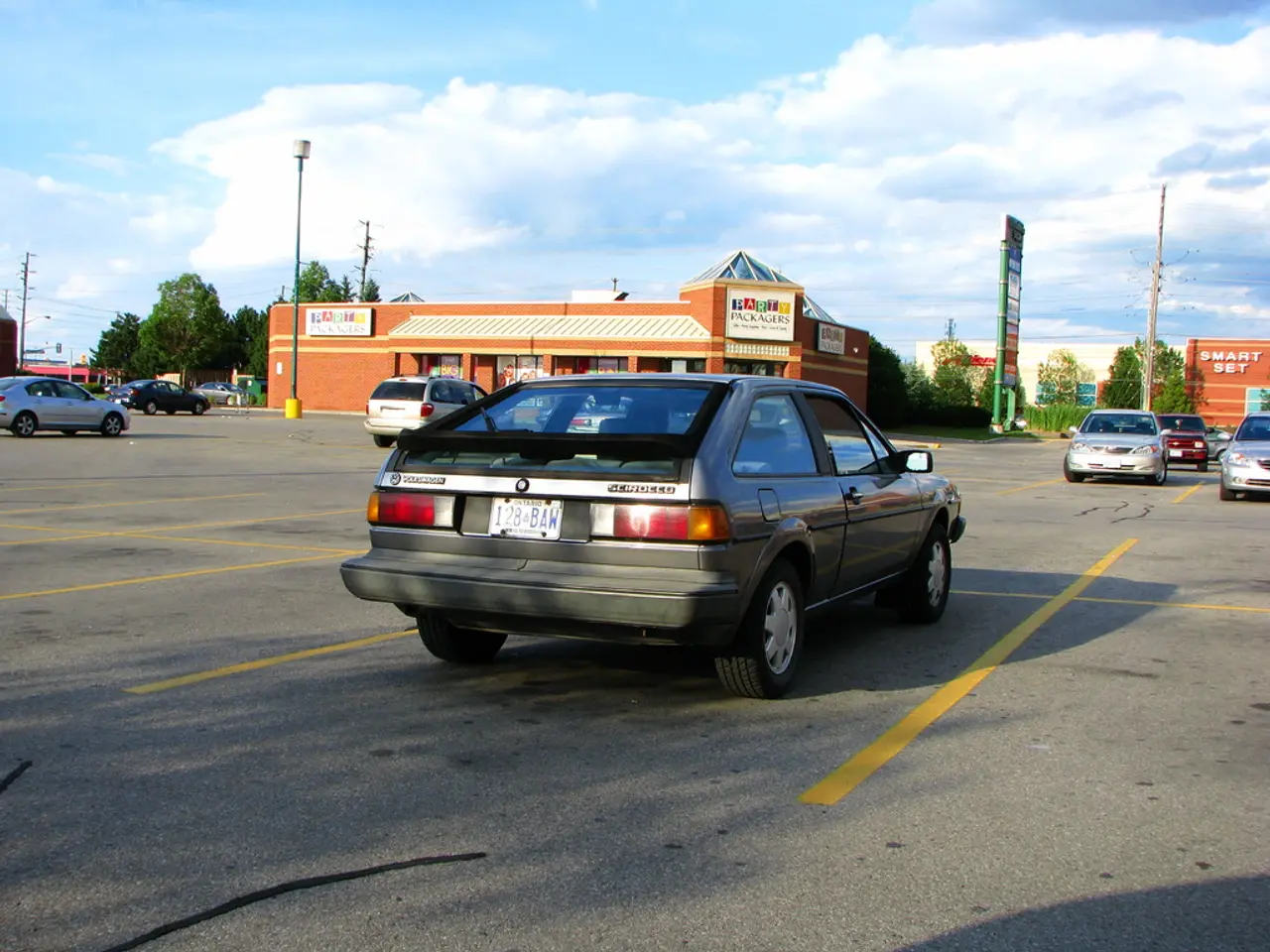Rent Prices Shifting at a Snail's Pace: Germany Prolongs Rent Control to 2029
Parliament OKs expansion of rent price cap legislation
German tenants can breathe a sigh of relief - the Bundestag has extended the rent brake until 2029! But, will this continued protection against excessive rent increases be a boon or a bane for the housing market?
The rent brake, initially introduced in 2015, sets a limit on how much landlords can increase rent. In high-demand cities like Berlin, Munich, and Frankfurt, the increase can't surpass the local average by more than 10%. Recently, the parliament voted to extend these caps until the end of the decade, with stricter exemptions for modernized properties.
Justice Minister Stefanie Hubig advocates for tenant protection, stating in the coalition agreement, we aim for more changes to tenancy law. This includes index rents and furnished apartments. Close to half of Germans live in rental homes, making this decision crucial for a significant portion of the population.
However, critics argue that the rent brake dampens the construction sector. Fewer housing investment opportunities can lead to less housing supply, particularly in high-demand areas. Economists suggest the rent brake perpetuates a vicious cycle of affordability crises, as it doesn't target the root cause of housing shortages.
Political representatives of the Left refer to the rent brake as a toothless tiger. They argue that housing shortages won't decrease unless penalties for violations are implemented and the rules become more stringent.
Despite this back-and-forth, the extension of the rent brake highlights a government commitment to striking a balance between tenant protection and controlling housing prices. But, ensuring a steady influx of new, affordable housing remains pivotal for a healthy and balanced rental market in Germany.
What's Next?
As housing costs continue to rise, policymakers will face pressure to explore long-term solutions to the housing crisis. One potential solution is the construction turbo initiative – a plan to boost housing construction in Germany. But can they strike a delicate balance between protective regulations and promoting new, affordable housing? Only time will tell.
[1] Economist, "The German rent brake: A temporary solution or a missed opportunity?"[2] Deutsche Welle, "Germany's housing market: Chronic shortage and rising prices"[3] McKinsey & Company, "Fixing Germany's Housing Market: Overcoming the Shortages"[4] Bundesverband Mieter und Mieterinnen, "What is the Rent Brake (Mietpreisbremse)?"[5] Bundesministerium der Justiz und für Verbraucherschutz, "Rent brake extension: Green light for tenants"
EC countries might learn from Germany's extended rent brake in addressing housing affordability issues, particularly in implementing vocational training programs for the construction sector to boost housing supply.
Finance, business, and political leaders should consider the potential impact of the construction turbo initiative on the housing market in Germany, balancing protective regulations with promoting new, affordable housing. This may require financial investments, collaboration among EC countries, and innovative solutions in the realm of politics and general news.






